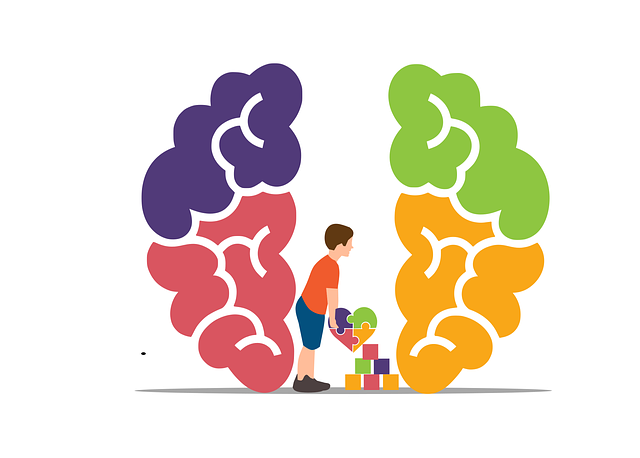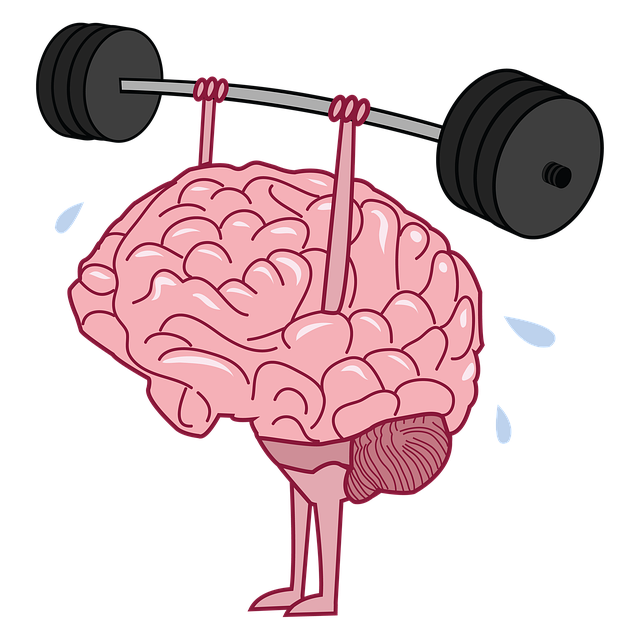Lafayette German Speaking Therapy provides crucial crisis intervention services tailored to address cultural and linguistic barriers in mental health support. Their approach combines comprehensive assessments, evidence-based strategies like Mind Over Matter principles, and open communication to create safe spaces for emotional expression. Post-crisis, they offer specialized support, empowering individuals with coping skills and resilience-building tools for long-term mental wellness.
“In moments of crisis, effective intervention can be a lifeline. This comprehensive guide offers therapists a deeper understanding of crisis intervention strategies, particularly within the context of Lafayette German Speaking Therapy. We explore essential aspects such as assessing triggers and needs, implementing immediate safety measures, and providing post-crisis support to foster resilience. By mastering these techniques, therapists can ensure individuals receive the critical care they need, ultimately promoting long-term healing.”
- Understanding Crisis Intervention: A Brief Overview for Therapists
- The Role of Lafayette German Speaking Therapy in Critical Situations
- Assessing the Crisis: Identifying Triggers and Needs
- Immediate Strategies: Safeguarding Individuals and Managing Risk
- Post-Crisis Support: Fostering Resilience and Long-Term Healing
Understanding Crisis Intervention: A Brief Overview for Therapists

Crisis intervention is a critical component of mental health support, designed to provide immediate assistance during times of intense distress or traumatic events. For therapists, especially those offering Lafayette German Speaking Therapy, understanding this process is essential for effectively helping clients navigate crises. The primary goal is to offer a safe space and stabilize individuals, preventing further deterioration and empowering them to seek long-term treatment.
Incorporating strategies like those from the Mind Over Matter Principles can be immensely beneficial. These principles focus on fostering resilience, encouraging positive coping mechanisms, and promoting self-care—all vital components of trauma support services. Additionally, community outreach program implementation allows therapists to extend their reach, providing crisis intervention not only within clinical settings but also in community spaces where individuals might face acute stress or traumatic situations.
The Role of Lafayette German Speaking Therapy in Critical Situations

In critical situations, Lafayette German Speaking Therapy plays a pivotal role, offering specialized support to individuals facing mental health crises. With a deep understanding of cultural nuances and language barriers, this therapy provides a safe space for those struggling with emotional turmoil, especially when English is not their first language. The therapists are trained to navigate complex emotions and communicate effectively in German, ensuring that clients receive the care they need without additional stress or anxiety.
This approach is particularly beneficial during times of heightened distress, where clear communication can be challenging. Lafayette’s expertise lies in facilitating open dialogue, allowing individuals to express their fears, concerns, and experiences freely. Through this process, mental wellness can be fostered, and positive thinking encouraged, as clients begin to feel heard and understood. Moreover, the therapy service seamlessly integrates with the Mental Wellness Podcast Series Production, providing additional resources for ongoing support and promoting a holistic approach to crisis intervention.
Assessing the Crisis: Identifying Triggers and Needs

In the context of crisis intervention, the first step is a thorough assessment to understand and identify the triggers and needs of the individual in distress. At Lafayette German Speaking Therapy, our experts emphasize the importance of recognizing both external and internal factors contributing to the crisis. This involves an empathetic exploration of the person’s recent life events, relationships, and any underlying mental health concerns. By gaining this insight, therapists can tailor their approach to address specific triggers that might have contributed to the crisis.
The assessment process goes beyond simply identifying symptoms; it focuses on promoting emotional well-being through understanding. This may involve utilizing Emotional Well-being Promotion Techniques and Mental Health Education Programs Design to empower individuals with coping strategies. Additionally, fostering open communication allows for a more effective navigation of crises by enabling therapists to guide clients toward better emotional regulation skills, which are crucial in managing future challenges.
Immediate Strategies: Safeguarding Individuals and Managing Risk

In immediate crisis intervention, safeguarding individuals and managing risk are paramount. Lafayette German-speaking therapy emphasizes rapid action to ensure client safety. This involves a thorough risk assessment for mental health professionals, meticulously evaluating potential hazards and the individual’s capacity to handle them. By understanding the client’s history, current state, and external factors, therapists can implement tailored strategies to mitigate risks.
Immediate strategies may include teaching coping skills development based on mind over matter principles. These techniques empower individuals to manage distressing situations, promoting self-regulation and resilience. Additionally, establishing a safe environment, clear communication, and setting realistic boundaries are critical components of effective crisis intervention, ensuring the individual feels supported and secure during this challenging time.
Post-Crisis Support: Fostering Resilience and Long-Term Healing

After a crisis has passed, providing ongoing support is essential for fostering resilience and promoting long-term healing. Lafayette German Speaking Therapy recognizes that each individual’s journey to recovery is unique, and tailored interventions are crucial. Our experts emphasize the importance of creating a safe and non-judgmental space, encouraging open communication, and helping individuals process their experiences.
Through specialized crisis intervention guidance, we assist clients in developing effective coping strategies, enhancing inner strength development, and building adaptive resilience. We offer practical tools for stress management, empowering individuals to navigate future challenges with greater equanimity. By integrating evidence-based practices and personal empowerment, our approach ensures that those affected by crises can move forward, finding meaning and hope amidst their experiences.
In conclusion, crisis intervention strategies play a vital role in supporting individuals during challenging times. By understanding the importance of immediate response, therapists can effectively utilize techniques like Lafayette German Speaking Therapy to assess and address triggers while managing risks. Post-crisis support is equally crucial for fostering resilience and long-term healing. This comprehensive approach ensures that those facing crises receive holistic care tailored to their unique needs.














